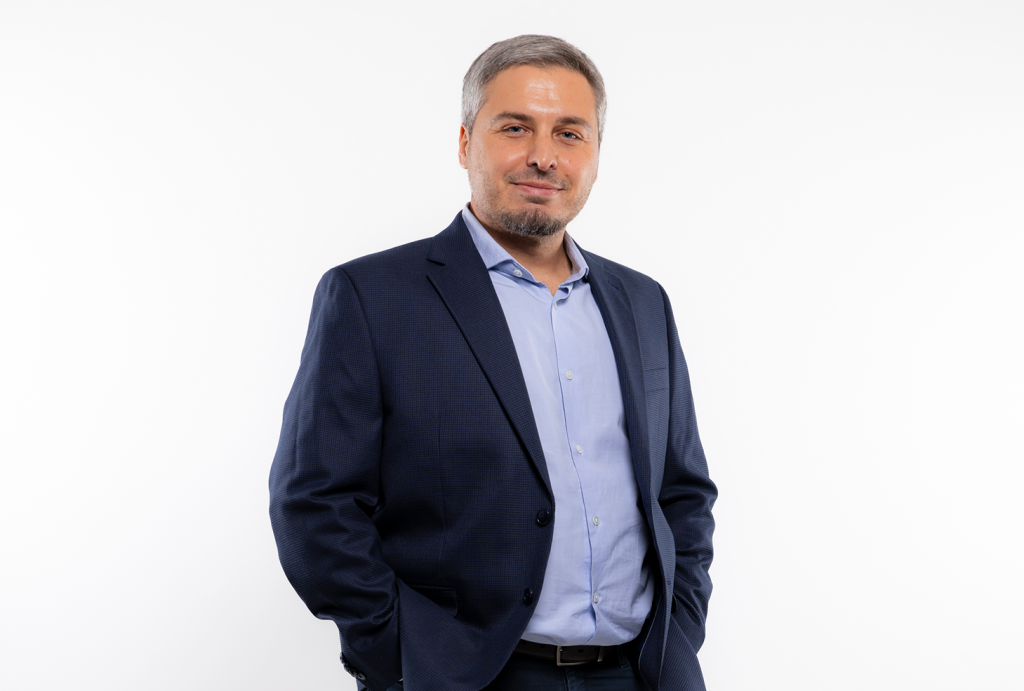Navigating Divides Through Radical Self-Awareness
Embracing humility and diverse perspectives to strengthen advocacy and foster unity in polarized times

Assistant Professor of Sociology and Anthropology Kerem Morgül
Growing economic inequality, structural racism, gun violence, attacks on women’s and LGBTQ rights, brutal wars, climate change and democratic decline — these interconnected problems paint a grim picture of the contemporary world. Indeed, we are living in a time of profound challenges, where systemic injustices demand our collective attention and bold, transformative action. However, boldness must not be confused with dogmatism. Through my teaching, I strive to equip students with the intellectual and emotional skills necessary to engage constructively with opposing viewpoints and understand the nuances of social and ideological conflicts.
Addressing the challenges of the 21st century requires not only decisive action but also a self-reflexive approach, as our methods and attitudes significantly influence the effectiveness of our struggles. Unfortunately, those of us dedicated to positive social change often undermine our efforts by adopting rigid positions that leave little room for nuance or dialogue. By refusing to listen to and learn from differing perspectives, we not only limit our potential for growth but also perpetuate the very divisions we seek to dismantle.
The solution lies in embracing self-reflexive radicalism — a commitment to structural reforms paired with critical self-awareness and intellectual humility. Self-reflexive radicals pursue systemic change while continually interrogating their assumptions, issue positions and tactics. They resist ideological echo chambers, where beliefs are reinforced without critical examination, instead engaging with a plurality of voices and experiences. This helps them build broad coalitions and develop solutions attuned to the complexities of different contexts, thus strengthening their advocacy against inevitable setbacks.
In the classroom, I cultivate self-reflexivity in students by encouraging them to question their assumptions and consider alternative perspectives while critically analyzing existing power relations. In my Polarization and Culture Wars in America course, I invite students to transform the classroom into a “brave space” — a diverse and inclusive environment for grappling with contentious topics like abortion, gun control, immigration and LGBTQ rights. Together, we establish ground rules emphasizing open-mindedness, mutual respect and rigorous discussion to foster a culture of honest and critical dialogue.
Through my teaching, I strive to equip students with the intellectual and emotional skills necessary to engage constructively with opposing viewpoints and understand the nuances of social and ideological conflicts.
The course follows a graduate seminar model, with students seated in a circle and rotating roles as discussion facilitators. This structure reduces traditional hierarchies, promoting collaborative and open exploration of complex issues. Weekly discussions culminate in a final project where students interview two individuals with opposing views on a subject they feel strongly about. They analyze the interviews to contextualize their interviewees’ perspectives, identify potential areas of agreement and reflect on the impact of the experience on their own perspectives.
This approach reinforces for students the idea that transformative action requires coupling a bold vision for justice with the humility to listen, learn and adapt. Self-reflexivity is not a compromise; it is a strategy for enduring progress. It emphasizes the power of dialogue in building trust and finding shared solutions in deeply polarized contexts. By embracing this mindset, in and outside the classroom, we can move closer to dismantling systemic oppression and creating a just world for all.

